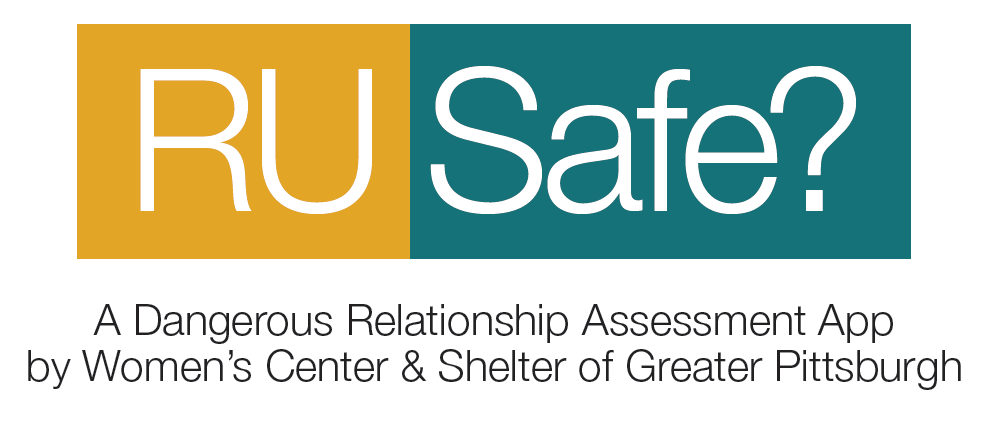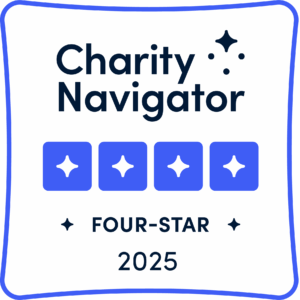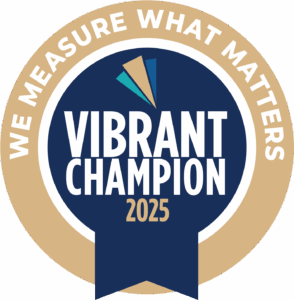
In the July Blog, we talked about an example of technology being helpful by introducing our new RUSafe App, which connects victims of domestic violence and the people who care about them to life-saving resources. This app raises many questions on technology and its role in everyday life but particularly in relationships. There is no doubt that over the past 20 years technology has been evolving at an extremely fast pace. It has allowed people to stay in constant contact with friends and family members; so many people ask, is this shift helpful or harmful? Is technology helpful or harmful to relationships? The answer to this question isn’t so black and white.
What is Digital/Technological Abuse?
Digital and technological abuse is when one partner uses technology to exert power and control over their partner. This includes using technology to stalk and harass a partner.
Here are some examples of digital/technological abuse:
- Controlling your social media accounts or demanding passwords for any of electronic devices or accounts
- Putting spyware or other monitoring devices (such as GPS, family locator plan or apps, etc…) on any of your electronics or your car
- Requiring check-ins (calling or texting at specific times)
- Getting mad for not immediately answering calls or texts or demanding you answer calls or text immediately
- Pressures you to send explicit videos or pictures or takes them without your permission
- Sends you explicit unwanted pictures or videos
- Looks through your accounts, phones, and other electronic devices without your permission
- Making negative posts about you or using social media to humiliate or degrade you
- Videotaping, recording audio, taking pictures, or tracking you without your permission
- Cyberstalking- using social media to discover your location, harassing you online, or sending unwanted communication through any electronic format
- Spoofing calls to violate a restraining order
Personal Boundaries
When determining whether something is digital abuse, you have to set your own boundaries on what you, personally, believe is ok and what is not. For example you may be comfortable with a joint social media account or password sharing, but you shouldn’t feel pressured into sharing you social media account information or creating a joint account if it isn’t something you want. Your partner should respect your personal boundaries. Another example is the amount of text messages you receive and if you feel you are being texted too much. Anytime a partner violates personal boundaries you have set that as a red flag because healthy relationships are based on respect. Overall, creating a healthy relationship as it relates to technology is all about communicating boundaries, respecting privacy, and having your boundaries respected.
Privacy
Some tips to protect your privacy include:
- Checking apps to ensure that location technology is turned off if you don’t your location to be revealed
- Check your privacy settings on social media and make sure only the people who you want to be able to see you or contact you can access your information
- You can also increase your security settings to try to help protect against unwanted log-ins
- Data brokers can gain lots of data from your online activity so be skeptical of information you give out online – to remove this information you can look into opt-out options such as abine.com or other reputation management companies
- You can also report inappropriate pictures to social media or porn sites by claiming copyright or by showing it’s in violation of the sites policy
- You can also turn-off Geotags on your phone on settings
Safety Tips
For a comprehensive list of quick safety tips refer to: http://nnedv.org/downloads/SafetyNet/OVW/NNEDV_TechSafetyQuickTipsChart_2011.pdf
Apps and Technology that Can Help Victims
- Circle of 6 App
- Use virtual phone numbers
- Google Voice and Burner App
- Pay as you go phones with cash/ Use a donated phone
- Use a different form of communication- Skype or Gruveo
- Apps to text or call without it showing on your phone bill- Whatsapp, Viber, kakao, Kik , and Text+ Secret Life App– Hides data behind a legitimate looking game
- Apps for Disappearing Communication- Burn Note, Privnote, and Tiger Text
- Hotline numbers
RUSafe
RUSafe is a dangerous relationship assessment that invites the user to answer a series of questions about her/his relationship. The App then calculates the responses and, if there is cause for concern, the App will enable the user to directly call WC&S’ 24-Hour Hotline. If the user is in immediate, lethal danger, she/he can call 911 directly. The app also can connect victims and their family and friends to resources, and an inspirational video and connects users to the website for additional information.
Apps for Healthy Relationship
- Relationtips
- Love Maps, The Gottman Love Jungle App, and other Gottman Institute Apps Fix a Fight
- Theicebreak
Technology and Healthy Relationships
Technology when used in healthy way can help build stronger communication when not done excessively. The important thing to discuss when it comes to technology and healthy relationships is privacy and personal boundaries, and as long as both people are respectful of these two things it can be a great way to communicate when you are apart.
Conclusion
Overall technology can be helpful or harmful in relationships. It is harmful when one partner uses technology to exert power and control over another. It can be harmful when one person doesn’t respect the other partners personal boundaries or privacy. When partners respect their partners personal boundaries and privacy; it can be a great way to communicate and there are apps that can help foster emotional intimacy like the one’s mentioned above. Technology can also be helpful because it can connect victims to resources. RUSafe is initiative that can do that.
Resources
http://www.loveisrespect.org/is-this-abuse/digital-abuse
http://www.womenagainstabuse.org/index.php/learn-about-abuse/types-of-domestic-violence
Understanding the Sword and the Shield of Technology: Fighting for Crime Victim Privacy in a Digital Age July 15th Webinar by the Battered Women’s Justice Project and conducted by Valenda Applegarth, Esq. of Greater Boston Legal Services, in partnership with the National Network to End Domestic Violence “Relocation Counseling & Identity Protection Initiative”



